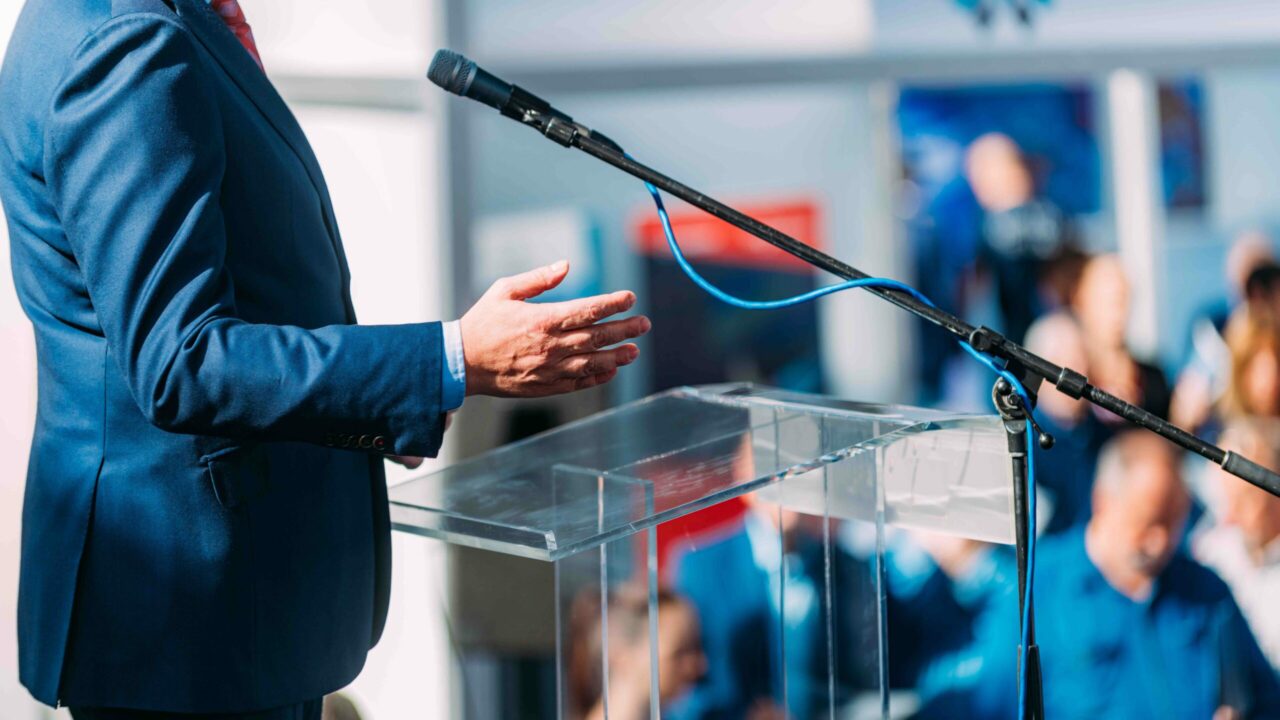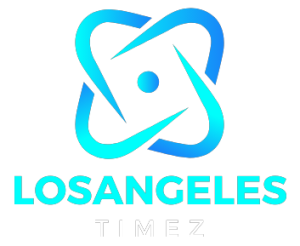What are the 4 Types of Politics: All You Need to Know
There are generally four main types:
- Traditional Politics: This type of politics refers to the conventional methods and practices within a political system. It often includes activities such as elections, campaigning, lobbying, and governance according to established norms and institutions.
- Informal Politics: Informal politics encompasses the unofficial aspects of political behavior and decision-making. This can include backdoor negotiations, personal connections, patronage networks, and other forms of influence that operate outside of formal channels.
- Identity Politics: Identity politics revolves around the mobilization of social identity groups based on characteristics such as race, ethnicity, gender, religion, sexual orientation, or other identifiers. It involves advocating for the interests and rights of specific groups within the political arena. Read about What Are Politics
- Policy Politics: Policy politics focuses on the formulation, implementation, and evaluation of public policies. It involves debates, compromises, and conflicts over the creation and execution of government programs, laws, and regulations to address societal issues and challenges.
Traditional Politics
Traditional politics refers to established systems and practices that have endured over time. Rooted in historical precedent and cultural norms, traditional politics often involve hierarchies, rituals, and formalized structures of authority. Monarchies, feudal systems, and tribal leadership are examples of traditional political arrangements.

While traditional politics can provide stability and continuity, they also face criticism for being resistant to change and perpetuating inequalities. The rigidity of traditional power structures may hinder progress and inclusivity in society. Discover about What Does Woke Mean in Politics
Modern Politics
Modern politics reflects the evolution of governance systems in response to societal changes, technological advancements, and ideological shifts. Emphasizing institutions, constitutions, and legal frameworks, modern politics seeks to establish transparent and accountable systems of governance. Democracy, republicanism, and socialism are ideologies commonly associated with modern political systems.
In the contemporary era, modern politics is shaped by factors such as globalization, digital communication, and the interdependence of nations. Issues such as climate change, human rights, and economic inequality require collaborative approaches and adaptive policies in modern political discourse. Learn about Who Was India First Female Prime Minister
Informal Politics
In contrast to formalized structures of governance, informal politics encompasses the subtle dynamics of influence, networking, and social relationships. Informal politics operates outside conventional institutions and is often characterized by personal connections, lobbying, and grassroots activism.
Social media platforms, community organizations, and interest groups play significant roles in shaping informal political processes. While informal politics can facilitate grassroots movements and citizen engagement, it may also breed corruption, nepotism, and polarization in society.
Identity Politics
Identity politics centers on the intersection of social identities—such as race, gender, sexuality, and religion—with political discourse and activism. Advocating for the rights and interests of marginalized groups, identity politics seeks to challenge systemic injustices and promote representation and empowerment.

While identity politics has been instrumental in advancing civil rights and social justice causes, it also generates controversies and debates. Critics argue that identity politics can lead to division, essentialism, and the prioritization of group interests over broader societal concerns.
Conclusion
In conclusion, the four types of politics—traditional, modern, informal, and identity—provide a comprehensive framework for understanding the complexities of power and governance in society. Each type encompasses distinct characteristics, influences, and implications for social organization and change.
By recognizing the interplay between these types of politics, individuals can better navigate the dynamics of power, advocate for meaningful reforms, and contribute to the advancement of inclusive and equitable societies.
FAQs
- What role does technology play in modern politics?
- Technology facilitates communication, mobilization, and information dissemination in modern political processes. Social media platforms, data analytics, and digital campaigning have transformed how political actors engage with citizens and shape public opinion.
- How does identity politics intersect with other forms of politics?
- Identity politics intersects with traditional, modern, and informal politics by influencing how power is distributed, contested, and legitimized within society. Social identities often shape political affiliations, policy priorities, and collective action.
- Can informal politics coexist with formal governance structures?
- Yes, informal politics often operates alongside formal governance structures, influencing decision-making processes and policy outcomes. However, excessive reliance on informal networks can undermine institutional integrity and democratic principles.
- What are the challenges of navigating identity politics in a diverse society?
- Navigating identity politics in a diverse society requires balancing the recognition of group identities with the promotion of universal rights and values. Negotiating competing interests and perspectives while fostering solidarity and inclusion poses challenges for political actors and policymakers.
- How can individuals engage in politics beyond traditional electoral processes?
- Individuals can engage in politics through various means, including grassroots activism, community organizing, advocacy campaigns, and civic participation. By amplifying their voices, collaborating with like-minded allies, and leveraging digital tools, individuals can contribute to positive social change.
